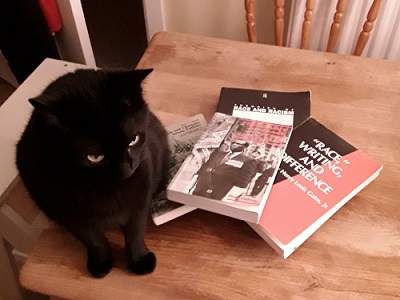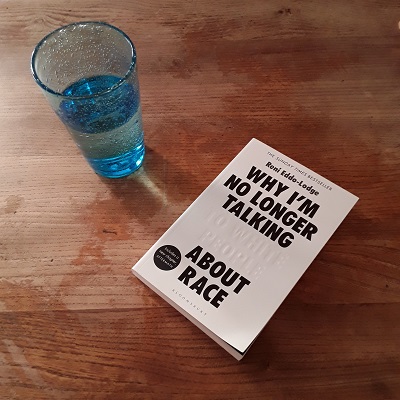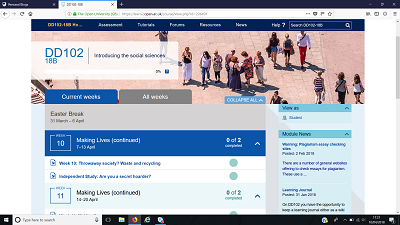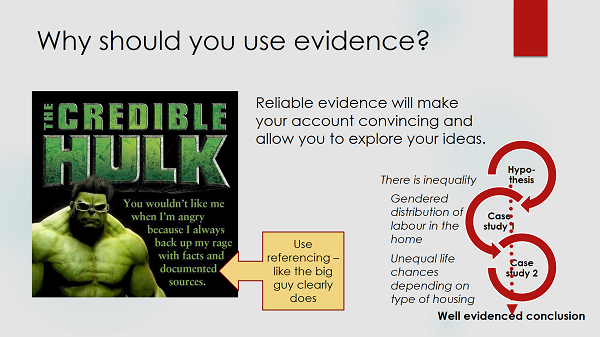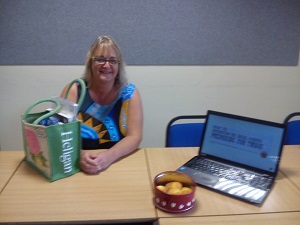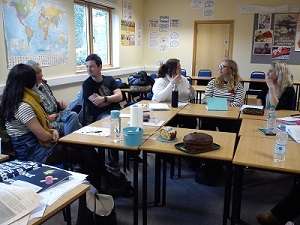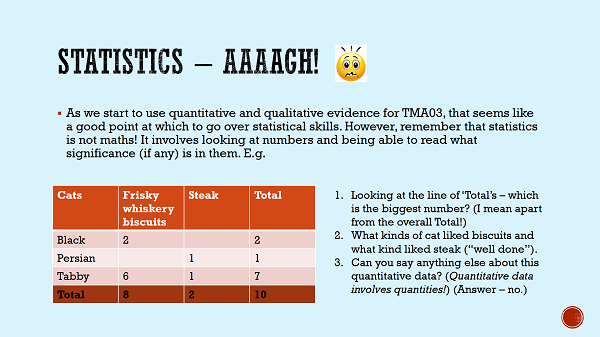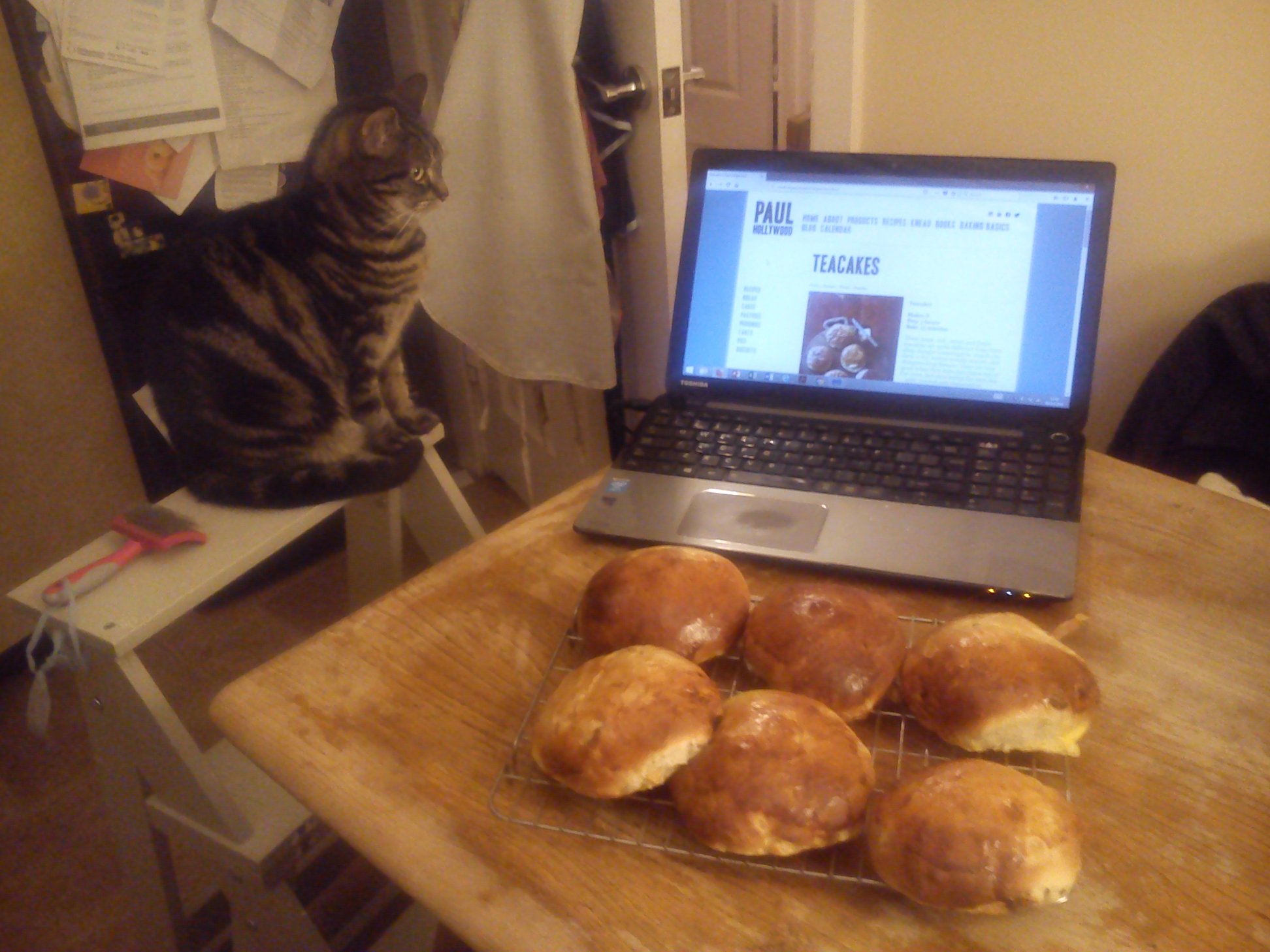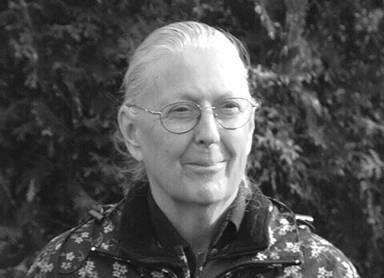(I mainly
talk about issues for global majority people here, alongside other protected
characteristics – rather than attempt even-handed discussion of all the
protected characteristics. Race politics is the lens I am most focused to look
through just now, particularly because it seems as if this is a peculiarly
deeply entrenched privilege/prejudice in society and in our Higher Education
institutions.)
Interest and use of the concept ‘intersectionality’ has increased exponentially since Crenshaw (1989) first introduced this key term, building on Black Feminist Standpoint theory and Critical Race Theory. (A good account of Standpoint Theory can be found in Harding, 1986, and there are articles about Critical Race Theory on OpenLearn’s Race and Ethnicity hub.) ‘Intersectionality’ has been key in opening our minds to the understanding that discriminations (and also privileges) do not happen one at a time, that many people may be subject to many different prejudiced perspectives of our position in society all at once.
Here I would like to suggest we might build on Crenshaw’s concept, to introduce the idea of ‘articulation’. Intersectionality identifies the multiplicity of issues faced by Black women or Black lesbian women or LGBTQ people with a disability. ‘Articulation’ can help identify how to overcome ways privilege operates to silence and contain people with protected characteristics. From identifying ‘intersectionality’, we could move to asking: “Are we enabling articulation?”
Definition of key term: articulation.
‘Articulation’ has two meanings:
- Speaking, putting into words;
- Two or more things connected in a way which allows them to move together.
Both of these are restricted for people experiencing ‘intersectionality’.
Example 1: class and ethnicity
For example, class privilege, in particular, sometimes works to over-write or speak over the top of other protected characteristics. Class privilege already of course means that those from upper/middle class backgrounds are articulating at the expense of those from lower/working class backgrounds, however I want to focus here on how privileges articulate together to strengthen other privileges.
Those from global majority backgrounds might appear to have the same social networks as global minority people from the same socio-economic class background. However, we are not always able to articulate – in the sense of speak our points, and in the sense of move together fully joined up in society – as easily as global minority people. Where social networks are based more on class identity than ethnic community, upper class people of global majority backgrounds, or from LGBTQ communities, or with a disability, may be treated with initial suspicion until emphasising an accent or talking loudly about where we were at school/college proves our credentials. Even then we may not be regarded as full members of that network. Those who are successful in negotiating upper class dynamics of power relations usually have a deep understanding that people with protected characteristics are not as powerful as those with the full set of privileged identities, and therefore not as useful in the network (‘social capital’, as Bourdieu would call it). They are therefore less likely to engage as closely (“articulate”) with those with protected characteristics.
The increased anxiety of those with protected characteristics to prove credentials in an upper class social network with the advantages this offers, also works to further instate socio-economic class privilege.
Global majority working class people, too, are often counted as from Black, Asian, minority ethnic communities, separate to working class communities. Global majority working class and global minority working class people are pitted against each other by campaigns which try to persuade global minority working class people that global majority people are unfairly taking jobs, housing and other resources. This disguises the fact that the funding for social resources is being unequally distributed across class lines, not race lines.
Example 2: ‘white saviour’ behaviour
If you have come here to help me, you are wasting your time. But if you have come because your liberation is bound up with mine, then let us work together.
(Lilla Watson, drawing on thinking of an Aboriginal Rights Group she had belonged to in Queensland, at the 1985 United Nations Decade for Women Conference, Nairobi.)
In ‘white saviour’ behaviour, by stepping in to ‘help’, people take up a position of privilege they belong to and ‘reach down’ to those below them. In so doing, they re-state their power. The very act of ‘helping’ paradoxically fails to offer full articulation to those they want to support. When those in a position of power speak for them, the authentic voice of those being ‘helped’ is over-talked by the voices of the powerful. Those in power move for them. Those with a protected characteristic are not enabled to engage in “articulation”, either in speaking for ourselves or making our own moves.
This is not diversity, but the co-option of diverse voices into dominant power and culture. As an example in Higher Education, we see this when research projects are conducted about those in a position of disadvantage by those in a position of privilege, for which the researcher may both earn a salary/fee and gain kinds of cultural and social capital that enable them to advance their career. Meanwhile, those they are writing about have their views expressed at second hand, and are not necessarily enabled to articulate beyond that.
The researcher may genuinely hope their project will lead to change, but figures about the issues faced by global majority communities during the recent pandemic indicate that we have not come very far, very fast in tackling racial/ethnic disadvantage. Even during the 1980s, for example in the 1982 collection of essays: The Empire Strikes Back (CCCS, 1982), researchers like Errol Lawrence were speaking critically of the way: “sociology generally and ‘race/ethnic-relations’ sociology too, are top-heavy with white personnel” (p.131). Of course it is important for global minority staff to take up a perspective which recognises issues of race politics, and to do work to tackle privilege/prejudice in their own field of study. However, it is now 40 years since The Empire Strikes Back was published. We do not seem to have moved very far during those four decades towards ensuring that global majority academics have equal opportunities even to research and write about the issues we and members of our own communities face.
One way of enabling articulation for global majority communities, then, is to look to create opportunities for members from those communities to do paid research that supports their career advancement. We can do this partly by mapping the researchers involved in these studies. If we are seeing that this research is being done by disproportionate numbers of global minority people, we should ask how it is that they are being enabled to articulate through this research. What is preventing us from recruiting more global majority researchers to the work? What could we do to enable better articulation for global majority researchers, and thereby communities, in this work?
A positive
example of enabling articulation in Higher Education
One way of working to do this is the 100
Black Women Professors programme.
Identifying that only 35 (now 41 61) of 22,000 Professors are Black women shows us
the impact of intersectionality in Higher Education. Engaging directly with the
teams who manage Black women who aspire to be Professor, the 100 Black Women
Professors programme enables universities to understand how privilege/prejudice
might form a barrier for groups of staff with a protected characteristic.
Working together towards mutual liberation, enables Black women in particular
and hopefully more staff who face similar barriers, towards articulation with
and within the institution.
A positive example of articulation, intersectionality at work.
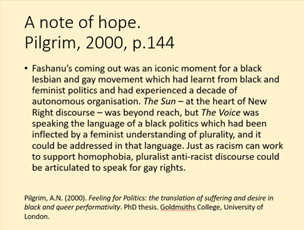
Picture of a powerpoint slide that says:
A note of
hope.
Pilgrim, 2000, p.144
Fashanu’s coming out was an iconic moment for a black lesbian and gay movement which had learnt from black and feminist politics and had experienced a decade of autonomous organisation. The Sun – at the heart of New Right discourse – was beyond reach, but The Voice was speaking the language of a black politics which had been inflected by a feminist understanding of plurality, and it could be addressed in that language. Just as racism can work to support homophobia, pluralist anti-racist discourse could be articulated to speak for gay rights.
I offered
this quote from my PhD thesis in a recent talk I gave about Justin Fashanu and
the exposé of his sexuality in the media. I
discussed how a group calling themselves Black Gays and Lesbians Against Media
Homophobia put pressure on The Voice newspaper, by pointing to the
equalities policies of local government who were substantial funders of The
Voice through placing job adverts with them. They were able to persuade the
newspaper to change its editorial line to one that was supportive of the Black
gay community of the time.
The Sun newspaper remains beyond the reach of equalities, diversity and inclusion activism. However liberal institutions are at least starting to recognise the detriment which privilege embedded in their own systems: systemic prejudice, institutional racism, causes to those with protected characteristics. There is uncertainty about how to move from a ‘white saviour’ mode, however the recognition that tackling prejudice and discrimination will not be straightforward or simplistic is a start.
To move on from this start, I suggest that we need to think not just about publishing pay gap data, and hearing from those whom the institution fails to resource, support and promote. The institution needs to think about what will enable articulation for all staff.
Fit with academic
theory
In terms of academic theory, ‘articulation’ fits well in postmodern thinking. There are many tropes based around speech or text which are used to consider gender/sexuality (Butler using Austen’s “speech act”), and power in general (Foucault on “discourse”). The Marxist Structuralist thinker Althusser’s concept of “interpellation” of identity is also often used in postmodern thinking.
Bourdieu’s ‘habitus’ also has congruence with an idea of ‘articulation’. I have referred here to two of Bourdieu’s four forms of capital: social and cultural. As well as economic capital, Bourdieu talks about a fourth form: symbolic capital. Symbolic capital is what the other kinds of capital translate into if they are legitimated. We all have social networks, but not all of them have the kind of power and influence that means they can translate from social capital into symbolic capital. Articulation is perhaps the means by which other forms of capital translate into symbolic capital.
(Cardiff, 2022/ edited 2023)
(Some) references:
Centre for Contemporary Cultural Studies (1982). The Empire Strikes Back. London: Routledge.s
Crenshaw, Kimberle (1989) "Demarginalizing the Intersection of Race and Sex: A Black Feminist Critique of Antidiscrimination Doctrine, Feminist Theory and Antiracist Politics," University of Chicago Legal Forum: Vol. 1989, Article 8. Available at: https://chicagounbound.uchicago.edu/uclf/vol1989/iss1/8
Harding (1986). The Science Question in Feminism. Cornell University Press.
Pilgrim, A.N. (2000). Feeling for Politics: the translation of suffering and desire in black and queer performativity. PhD thesis. Goldmsiths College, University of London.
